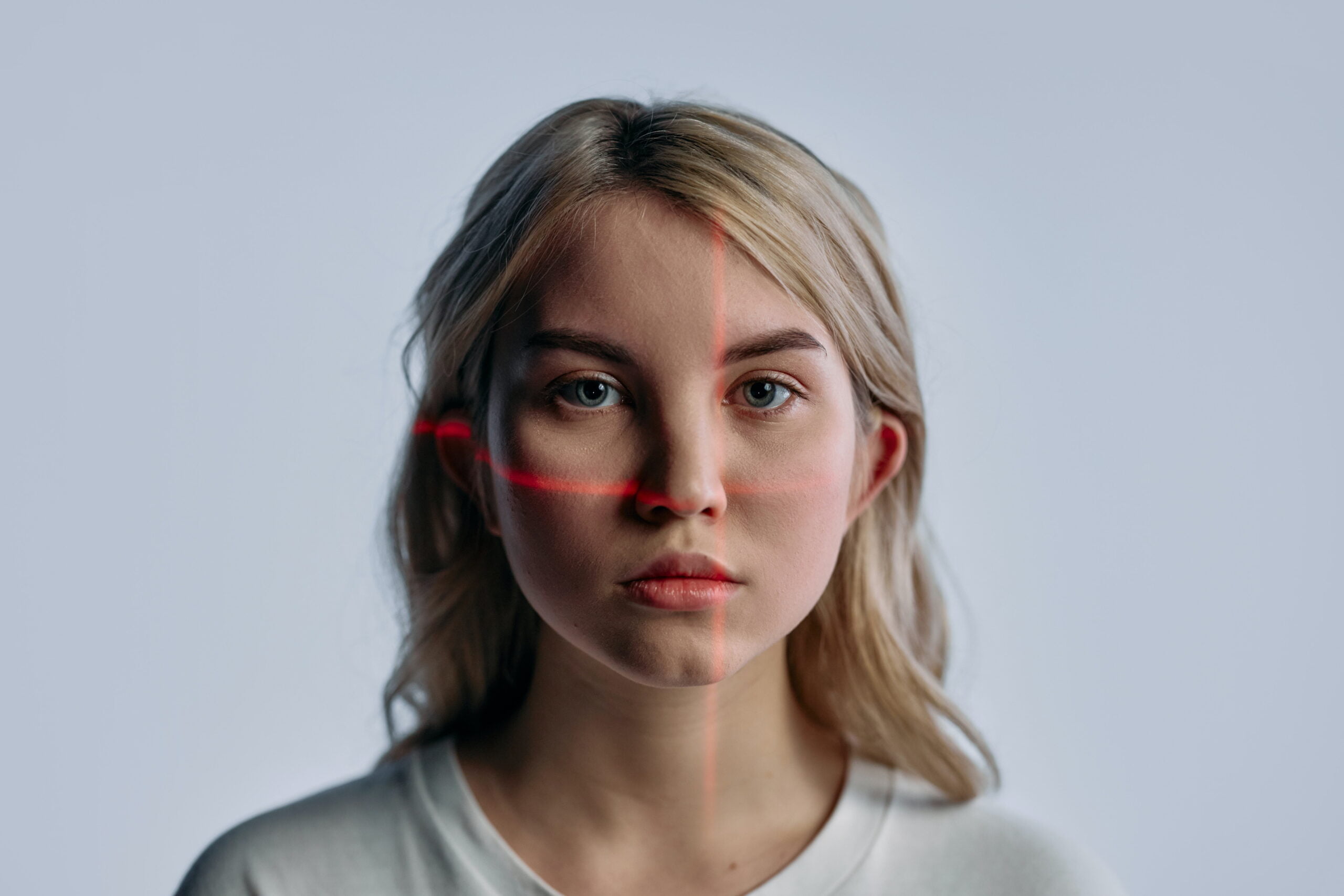Clearview AI working on data glasses with facial recognition

Clearview AI is working on a pair of data glasses with integrated facial recognition. The contractor and potential customer is the U.S. Air Force.
The U.S. Air Force has commissioned facial recognition company Clearview AI to develop AR glasses that can automatically scan and identify faces and embed the information in the soldier's field of vision.
The glasses could aid security on U.S. Air Force bases. The Air Force Research Laboratory is paying about $50,000 to research and develop a device to do just that.
Facial recognition via AR glasses: US military feasibility study
Facial recognition via surveillance cameras is already common, Clearview AI offers this additionally via a smartphone app. Integrated into data glasses, facial recognition would be even more universally available and ubiquitous in everyday life.
According to Bryan Ripple, spokesman for the Air Force Research Laboratory, the proposed project is a three-month study to test the "scientific and technical merit and feasibility" of glasses with integrated facial recognition.
According to Ripple, no goggles or other devices will be supplied under this contract.
Such tech glasses with facial recognition would not be entirely new: Back in 2018, the Chinese newspaper Renmin Ribao reported that Chinese police were testing related technology. LLVision, the manufacturer of the devices, is said to have already exported the glasses to numerous countries at that time.
The scope and quality of the database, as well as the speed and precision of AI image analysis, are crucial to the technology's usefulness.
Faster to the weapon
In a promotional flyer, Clearview describes the use cases for the facial recognition goggles in more detail, saying that it would allow soldiers to keep a greater distance from people, which would benefit safety and health. The ID scan via glasses saves time when entering a base.
With a conventional scanning process using a scanner and an ID card, soldiers are vulnerable for a short time because their hands are in use and their attention is tied up. With goggles, both hands are free, potentially faster at the weapon, and attention is always focused on the person.
According to Clearview founder Ton-That, only selected databases will be used for such security scenarios, including missing persons, persons with arrest warrants, and "persons of interest.
However, there is no plan for soldiers wearing the goggles to have access to all ten billion photos stored in the Clearview facial database.
General real-time monitoring through glasses based on the entire ten billion data set is not planned anyway, Ton-That said. "Once realized, we believe this technology will be an excellent fit for numerous security situations," Ton-That says.
Clearview AI currently exists in two worlds: On the one hand, data privacy activists around the world are protesting the surveillance technology; France, Canada, Australia, and the UK, among others, are threatening to ban its operation and impose fines. On the other hand, the Clearview app is being used, sometimes illegally, by military installations and government agencies.
AI News Without the Hype – Curated by Humans
As a THE DECODER subscriber, you get ad-free reading, our weekly AI newsletter, the exclusive "AI Radar" Frontier Report 6× per year, access to comments, and our complete archive.
Subscribe nowAI news without the hype
Curated by humans.
- Over 20 percent launch discount.
- Read without distractions – no Google ads.
- Access to comments and community discussions.
- Weekly AI newsletter.
- 6 times a year: “AI Radar” – deep dives on key AI topics.
- Up to 25 % off on KI Pro online events.
- Access to our full ten-year archive.
- Get the latest AI news from The Decoder.